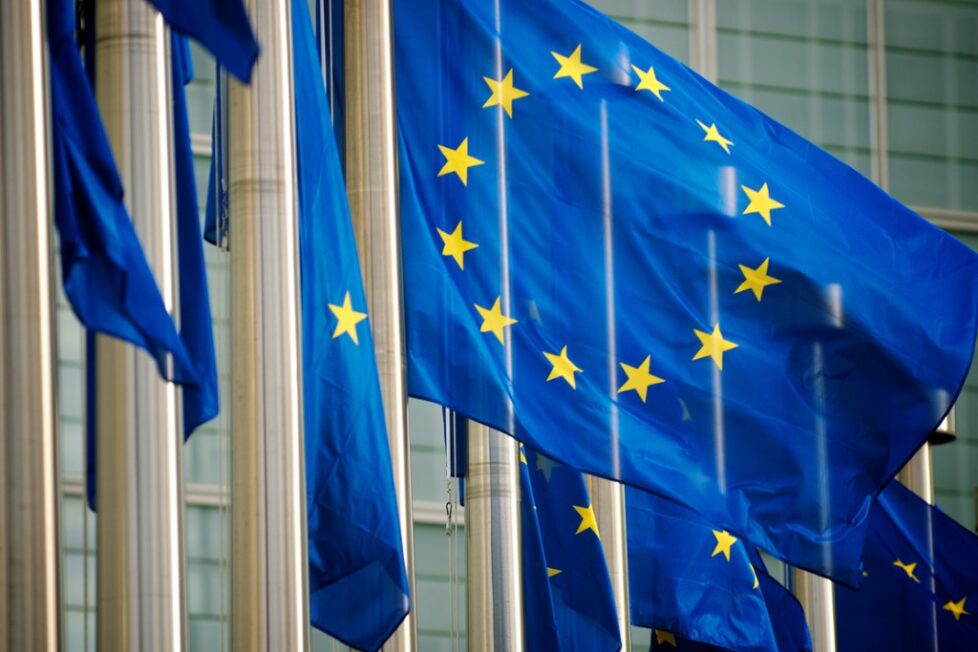EU Regulators Find Growing Greenwashing Risk for Banks, Asset Managers

Greenwashing risks are growing for a wide range of financial services providers, including banks, investment firms and insurers, according to new reports released by Europe’s three primary financial regulatory agencies, the European Supervisory Authorities (ESAs), aimed at helping market participants better understand and identify the risks, and supporting regulators in responding to greenwashing.
The ESAs include The European Banking Authority (EBA), The European Insurance and Occupational Pensions Authority (EIOPA), and The European Securities and Markets Authority (ESMA).
Key sources of greenwashing risk identified by the regulators included claims about sustainability impact and company engagement made by asset managers, litigation risk related to misleading ESGEnvironmental, social, and governance (ESG) criteria are a set of standards for a company’s operations that socially conscious investors use to screen potential investments. More claims made by banks, and misleading product claims by pension and insurance providers.
The new reports follow a request last year by the European Commission for input from the ESAs on several aspects related to greenwashing and its related risks, and on the supervisory actions taken and challenges faced to address those risks.
The Commission’s request highlighted the rapid growth in demand for and offerings of sustainable investment products, and noted that while it views this growth as a “very positive trend,” it also raised the risk of greenwashing, warning that such practices could undermine trust in sustainable finance, and “the capacity of the financial system as a whole to channel private capital to sustainable investments.”
Following the Commission’s request, the ESA’s issued a Call for Evidence on greenwashing aimed at gathering information on greenwashing risks and practices across the banking, insurance and financial markets sectors, which informed the reports.
Alongside the issuance of the reports, the ESAs established a working definition of greenwashing, describing it as:
“A practice where sustainability-related statements, declarations, actions, or communications do not clearly and fairly reflect the underlying sustainability profile of an entity, a financial product, or financial services. This practice may be misleading to consumers, investors, or other market participants.”
Markets regulator ESMA noted a “mismatch between growing demand for ESGEnvironmental, social, and governance (ESG) criteria are a set of standards for a company’s operations that socially conscious investors use to screen potential investments. More products and the limited pool of assets that are deemed sustainable,” driving competition among market participants to boost their sustainability profiles and produce sustainable products, which may in some cases be misleading.
ESMA highlighted areas of high risk exposure for different types of market participants, with issuers most exposed through their pledges about future ESGEnvironmental, social, and governance (ESG) criteria are a set of standards for a company’s operations that socially conscious investors use to screen potential investments. More performance and forward looking information, investment managers through claims about engagement with investee companies, or about their ESGEnvironmental, social, and governance (ESG) criteria are a set of standards for a company’s operations that socially conscious investors use to screen potential investments. More strategy and governanceGovernance deals with a company’s leadership, executive pay, audits, internal controls, and shareholder rights. More or claims about impact, and investment service providers facing risk through claims about the extent to which their advice offered to retail investors takes sustainability into account.
ESMA also suggested that the establishment of a labelling scheme for sustainable financial products would be beneficial. In November 2022, ESMA proposed new rules for asset managers for the use of ESGEnvironmental, social, and governance (ESG) criteria are a set of standards for a company’s operations that socially conscious investors use to screen potential investments. More or sustainability-related terms for funds, in order to ensure that investors aren’t misled about the investment products’ ESGEnvironmental, social, and governance (ESG) criteria are a set of standards for a company’s operations that socially conscious investors use to screen potential investments. More characteristics.
Banking regulator EBA found a “clear increase in the total number of potential cases of greenwashing.” The regulator assessed greenwashing risk as “low or medium for banks,” “medium or high for investment firms” and “expected to increase in the future.”
The EBA report found that the key risk areas for banks were found most commonly at the entity level, based on reputational and operational factors, including litigation risk, with less often at the product level.
Some of the most common greenwashing risks for banks identified by the EBA included promoting sustainability initiatives while omitting information about non-sustainable activities, such as claiming to be fighting deforestation while investing in companies that may be linked to deforestation activities, or making claims about decarbonizing lending activities while continuing to invest in oil companies.
Insurance and pensions regulator EIOPA’s report found that “greenwashing has a substantial impact on insurance and pension consumers,” such as deceiving consumers into purchasing products not aligned with their preferences, and noted risks for insurers at the entity level, as well as in product manufacturing, delivery and management, and for pensions through scheme design, delivery and management.
Each of the regulators noted similar challenges in developing and managing supervisory frameworks to address and monitor greenwashing risks, particularly the need to develop accurate data and methodologies.
Following the publication of the reports, the ESAs said that they will publish final reports on their greenwashing study in May 2024, and consider recommendations including on possible regulatory framework changes.
Click here to access the reports by ESMA, EBA and EIOPA.
The post EU Regulators Find Growing Greenwashing Risk for Banks, Asset Managers first appeared on ESG Today.
The post EU Regulators Find Growing Greenwashing Risk for Banks, Asset Managers appeared first on ESG Today.